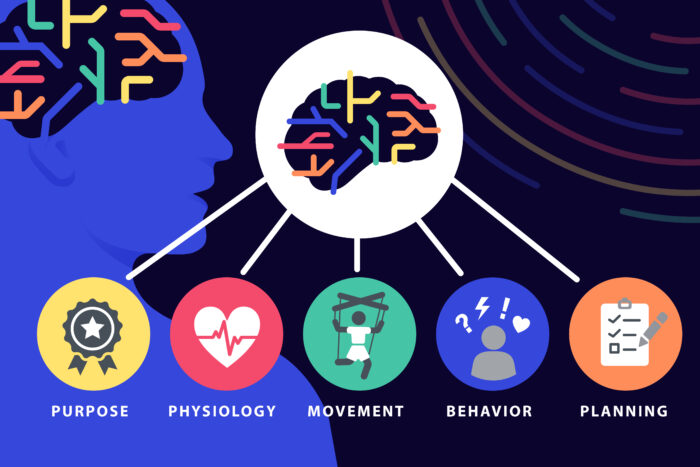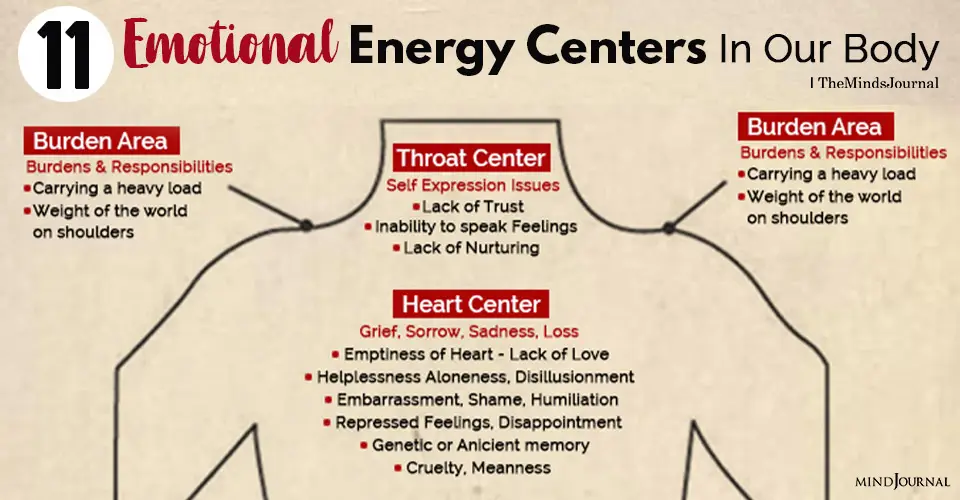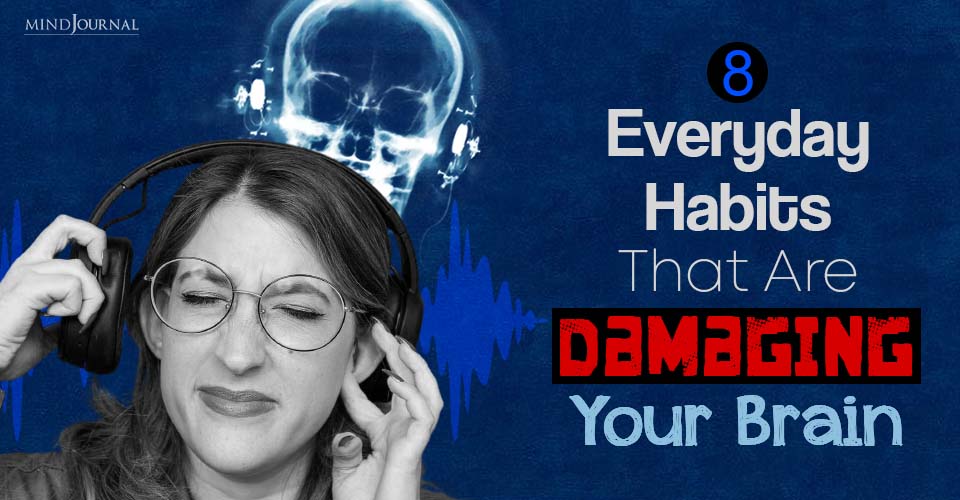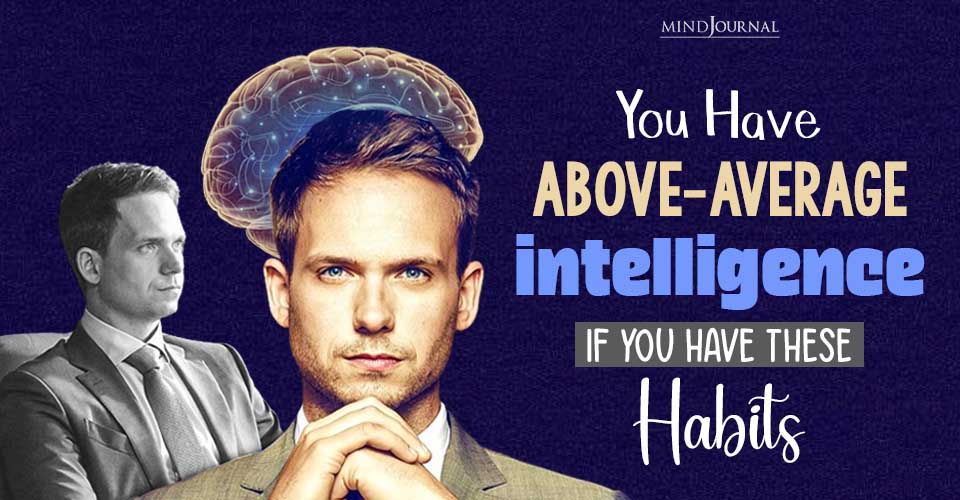Have you ever felt that the constant noise of modern life drowns out the whispers of your inner self? By understanding the mind-body connection definition you will be able to forge a path of self-discovery and holistic well-being.
Mind Body Connection Definition
The mind body connection is a fundamental concept that emphasizes the link between our mental and physical well-being. It’s all about understanding that our minds and bodies are not separate entities but work together as a unified system.

Consider the impact of chronic stress. Your mind perceives stressors, which can be anything from work pressure to personal worries. This perception triggers physical responses, like an increase in stress hormones.
Over time, this can take a toll on your body, contributing to health issues such as heart problems or weakened immunity.
Read More: Meditation Techniques For Workplace Stress Management
On the flip side, if you’re battling a physical ailment, it can lead to mental distress. Dealing with chronic pain or illness can cause anxiety, depression, or even affect your overall quality of life. So, the mind body connection tells us that our mental and emotional states are intertwined with our physical health.
Recognizing this connection is crucial for holistic well-being. It means that when we address health issues or try to improve our overall well-being, we shouldn’t focus solely on the physical aspect. Taking care of your mental health is just as important.
The Science of Mind Body Connection
Researchers conducted a study involving seven adults, using advanced brain scanning techniques called fMRI while they were either at rest or engaged in various tasks. From this data, they crafted intricate “brain maps” for each participant.

To gain broader insights, they then compared these individual brain maps with a vast dataset encompassing brain scans from around 50,000 individuals. Their discovery? They pinpointed the junction where our highly active, goal-oriented mental state connects with the regions of the brain responsible for regulating breathing and heart rate.
In simpler terms, the “go, go, go” part of our minds is intricately linked to the control centers for vital bodily functions. What’s particularly intriguing is the notion that if you calm one aspect down, it can have positive ripple effects on the other.
Emotions and Mind Body Connection
What’s even more fascinating is that the researchers observed non-movement areas of the brain, which remained dormant during physical movement, springing to life when the participants merely thought about moving.
This suggests an astonishing level of connection between our thoughts and our physical bodies, highlighting the intricate relationship between our brain and body.

Our emotions often find expression through bodily responses, and our bodily functions, such as heart rate, can profoundly influence our emotions and cognitive responses to the world around us.
Read More: 15 Simple Ways You Can Boost Your Emotional Health
Studies also shed light on how our thoughts and emotions impact the parts of our brain responsible for preparing us for various actions and behaviors, even when we’re not actively engaged in those actions. It underscores the intricate dance between our environment, thoughts, feelings, and actions, emphasizing the profound interplay that exists within us.
Why is Mind Body Connection Important?
The brain, often referred to as the “body’s command center” or the “human supercomputer,” is a complex marvel. However, it doesn’t operate in isolation; it’s deeply intertwined with the rest of our body.
Scientific studies reveal that hormones and neurotransmitters, the chemical messengers associated with emotions, can have tangible physical effects. They influence our blood pressure, heart rate, sleep patterns, and even appetite.
Research into the mind body and spirit connection entered the mainstream only around 30 years ago, thanks to groundbreaking work by David Spiegel at Stanford University. He discovered that women with breast cancer who participated in group mindfulness therapy experienced less pain, improved quality of life, and even longer lifespans than those who received traditional medical care alone.
Read More: Body Mind Soul Connection: 12 Signs Of The Perfect Alignment
Since then, numerous studies have explored the link between our emotional and physical well-being, consistently highlighting the mind body and spirit connection.
Mind-body techniques offer holistic approaches that can benefit various conditions, including:
- Cancer
- High blood pressure
- Asthma
- Heart disease
- Obesity
- Pain management
- Insomnia, diabetes
- Digestive issues
- Fibromyalgia
- Menopausal symptoms
- Mental health issues
- Autoimmune conditions’
Benefits of Mind Body Connection
The following are the three most compelling benefits of mind body and spirit connection:
1. Improved Relationships
The impact of mind-body practices extends beyond our individual well-being; they also have a profound effect on our relationships with others. Two particular practices, gratitude and self-compassion, stand out as powerful tools for strengthening emotional connections and improving communication within our relationships.

The simple act of expressing gratitude can have transformative effects on our relationships. When we practice gratitude, we consciously focus on the positive aspects of our interactions with others, whether it’s a friend, family member, or partner. By acknowledging and appreciating their kindness, support, or presence in our lives, we create a more positive and nurturing atmosphere.
Self-compassion is the practice of treating oneself with the same kindness and understanding that we extend to others. By cultivating self-compassion, we not only enhance our own well-being but also improve our relationships with loved ones.
Practicing self-compassion sets a positive example for those around us, encouraging them to also treat themselves with kindness. In turn, this fosters a culture of self-care and compassion within our relationships.
2. Less Stress and Improved Sleep
Two fundamental aspects of our overall well-being are stress reduction and improved sleep. The mind body and spirit connection plays a pivotal role in addressing these areas, helping us lead healthier and more balanced lives.
Effectively managing stress encompasses two critical components. First, we strive to reduce external stressors in our lives to the extent possible. Second, and equally important, we learn how to cope with the inevitable stressors that arise.

Equally vital is the development of effective coping strategies to manage unavoidable stress. Mind-body practices offer valuable tools for this purpose, promoting relaxation and emotional resilience.
Techniques such as mindfulness meditation, deep breathing exercises, and progressive muscle relaxation can help us stay centered and composed during stressful situations.
Quality sleep is a cornerstone of overall health. It impacts our physical, mental, and emotional well-being. The mind body connection offers powerful approaches to enhance the quality and duration of our sleep.
Stress reduction plays a pivotal role in improving sleep. By managing stress through mind-body practices, we create a more tranquil and restful environment for sleep to naturally occur.
3. Prevention of Diseases
When it comes to preventing chronic diseases like asthma, COPD, diabetes, or high cholesterol, it’s not just about knowing what to do—it’s about finding the willpower and motivation to do it. Your mind is the driving force behind your actions and behaviors.
Imagine wanting to make those lifestyle changes but feeling like something is holding you back. You are not alone. According to a study, nearly 30% of Americans said a lack of willpower was the main obstacle standing between them and their desired lifestyle changes.

Our minds are powerful influencers. The way we think, our fears, worries, and anxieties can either push us closer to a healthier path or pull us away from it.
Your mind acts as the compass guiding you toward a life of well-being and disease prevention. By recognizing this mind body connection definition and the relation between your mental state and physical health, you gain the power to make those positive lifestyle changes that will lead to a healthier and happier future.
Finding Inner Peace
Understanding of the mind body connection definition emerges as a guiding light toward self-discovery and holistic well-being. This intricate connection is the dynamic interplay between our thoughts, emotions, physical well-being, and spiritual essence.
Contemplating the intricate relationship between our mental and physical states, often referred to as the ‘mind-body problem,’ has fascinated philosophers and scientists throughout history.
Recent research has illuminated the science behind the mind-body connection. Advanced brain scanning techniques have revealed the intimate junction where our active, goal-oriented mental state connects with the brain regions regulating vital functions like breathing and heart rate.
Your mind is the driving force behind your actions and behaviors. Preventing chronic diseases requires the willpower and motivation to make lifestyle changes. By recognizing the vital connection between your mental state and physical health, you gain the power to make positive changes, leading to a healthier and happier future.
Frequently Asked Questions (FAQs)
1. What is the Mind Body Connection Definition?
The mind-body connection is the intricate interplay between our thoughts, emotions, physical well-being, and spiritual essence. It represents the dynamic relationship between our mental and physical states, where the mind and body continuously influence and communicate with each other.
2. What is the relation between mind and body?
The relationship between the mind and body is a two-way street, where they constantly interact and affect each other. For example, our mental state can impact our physical health, influencing aspects like heart rate, sleep, and even our physical movements. Conversely, our physical health and experiences can influence our thoughts and emotions.
3. What are the benefits of mind body connection?
The mind-body connection offers numerous benefits, including: improved relationships, stress reduction and improved sleep and prevention of diseases.
4. How to get a mind body connection?
To cultivate a mind-body connection, individuals can engage in mind-body practices such as mindfulness meditation, deep breathing exercises, progressive muscle relaxation, gratitude, and self-compassion. These practices help develop awareness of the connection between thoughts, emotions, and physical sensations, fostering holistic well-being.
5. What is the science behind mind and body connection?
Scientific research, including advanced brain scanning techniques like fMRI, has provided insights into the science of the mind-body connection. Studies have revealed specific brain regions and networks responsible for connecting mental states with physical functions such as breathing and heart rate.









Leave a Reply
You must be logged in to post a comment.